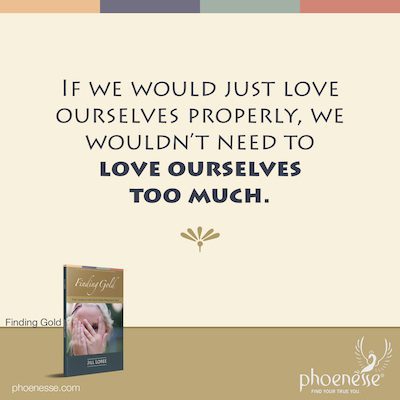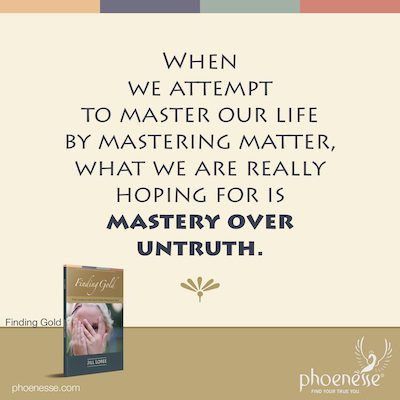Show Notes
Any truth can be distorted into an untruth. This is, hands down, one of the most powerful weapons of evil. Complete untruth is not the problem. But take something true in one setting and apply it over there, where it doesn’t belong—especially when it’s set up as a rigid rule—and we’re in dangerous territory. In this way, any truth can be bent into a distorted extreme that makes the truth null and void. And so it is too with self-love.
There’s a healthy version of self-love that exists in mature souls. But then if we fold in a few distorted currents, suddenly we end up with the wrong flavor of self love. The crudest of the many forms is selfishness, where we want an unfair advantage or to put ourselves always in a better light than others.
Another twist on this theme is a kind of self-admiration that’s of a sickly, obnoxious nature. We can easily spot this in others and often just as easily identify in ourselves. It’s actually more harmful if this exists hidden in emotional layers that are not so obvious on the surface, especially if the person believes their conduct truly reflects their innermost self. Such self-delusion is worse than the worst outer deed.
So first we need to ferret out these kinds of distortions. Then we need to find out the reason these wrong kinds of self-love exist. Without this, just knowing about these twisted currents won’t do us much good. Because we won’t be able to straighten them out.
What we’ll usually find is that the cause of lack of loving ourselves in the right sense is the same thing causing the distorted self-love. Simply put, if we don’t love ourselves as we should, we’re sure to go overboard in the wrong direction. We seek the wrong solution. But if we would just love ourselves properly, we wouldn’t need to love ourselves too much.
Listen and learn more.
Finding Gold, Chapter 4: Self-Love






